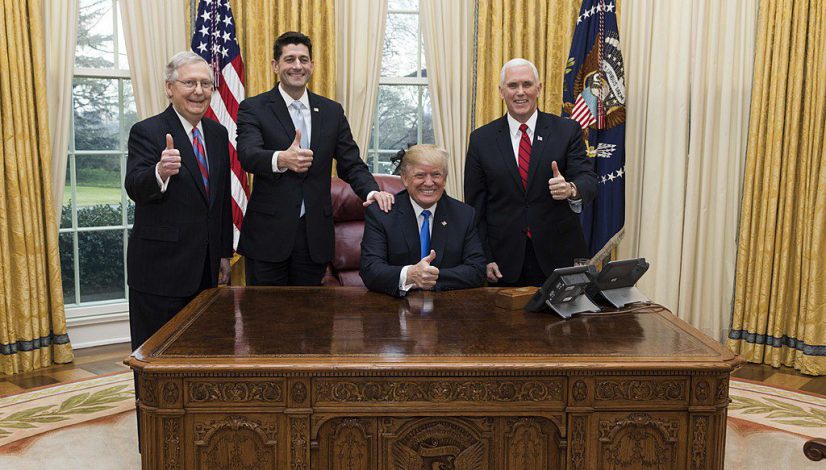What US Tax Reform Means for Manufacturing
Now that tax reform has become law in the United States, what impact will it have on manufacturers? In the manufacturing industry, all eyes have been on the new tax legislation. The hope was that several positive initiatives would make it into the final bill. Below is a breakdown of the legislation as passed and how it will affect manufacturers domestically and internationally.
US Tax Reform Positive for Manufacturers
While many are calling the legislation a mixed bag, the general consensus from manufacturing executives is that the tax reform bill – signed into law on December 22nd – is a resounding positive for the economy, jobs, and the manufacturing industry. The most sweeping US tax reform in decades, the bill cuts $1.5 trillion USD in taxes. Manufacturers will be most pleased by a number of provisions.
- Reduction in the Corporate Tax
One of the most drastic changes to US tax law is the reduction of the corporate tax rate of 35% down to just 21%. The US had the highest corporate tax rate in the industrialized world until this change which brings it down to a level on par with most other Western nations. - Repatriation of Overseas Profits
To encourage international manufacturers to bring back some of their business and assets to the US, the new tax reform will now impose a one-time tax on overseas profits. Cash assets will be taxed 15.5% and non-cash assets will be taxed at 8% whether they are disbursed in the US or not. - Pass-Through Tax Reduced
Many manufacturers are structured as pass-through businesses, as are many partnerships, sole proprietorships, and S corporations. The top pass-through income tax bracket has been reduced from 39.6% to 20%. This only applies for approximately 20% of pass-through income, however. - Corporate Alternate Minimum Tax Repealed
Manufacturers will benefit from the repeal of the alternate minimum tax, which if left in place would have kept their effective corporate tax rate from going much lower than it had already been prior to the reduction of the corporate tax to 20%. It additionally repeals the election to accelerate AMT credits in lieu of bonus depreciation. - Capital Expenditures Immediately Expensed
Certain capital expenses such as acquired property will be immediately expensed. However, this will be phased out over several years beginning with 2023, which will see a 20% reduction in expensing as will each following year until it is fully phased out in 2027.
Expectations
US manufacturers will most likely see a net benefit from US tax reform provisions. As capital-intensive businesses, the law will allow them to save on capital expenses. Their corporate income will be taxed at lower rates. And there will be more incentives to invest in the US market. While some provisions will eventually be phased out, there is now a window of opportunity. Manufacturers may now reorient their strategic structure and grow their infrastructure for the long haul.

